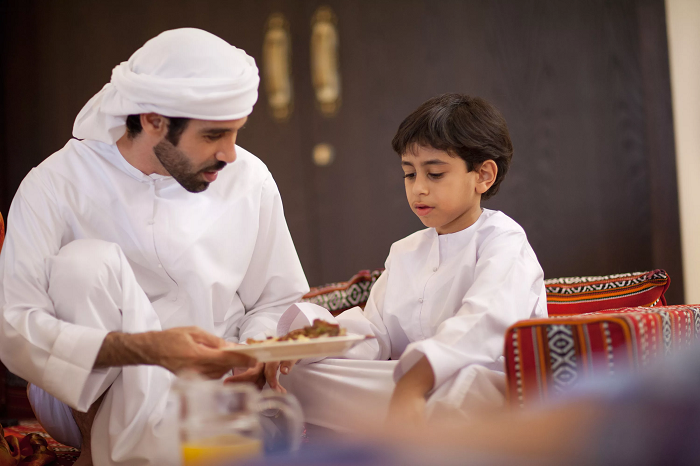The holy month of Ramadan is a time of spiritual rebirth and deep reflection for Muslims around the world. In order for fasting to be useful not only spiritually, but also physically, it is important to monitor your health.
Everyone can find out more information on the website https://world-arabia.com/articles/ramadan-fasting-guide-10-essential-tips-for-a-healthy-fast/.
What should you know?
Drink enough water between Iftar and Suhoor to avoid dehydration. This is especially important in hot climates or when fasting for long days. Dehydration can lead to fatigue, headaches, and dizziness, making it difficult to concentrate on prayer and spiritual reflection. You should choose foods with high water content. Fruits and vegetables such as watermelon, cucumber, strawberries, spinach and oranges will help replenish lost fluids. Soups and broths are also useful.
Nutrient-rich foods should also be consumed. It’s important to include a variety of fruits, vegetables, whole grains, lean proteins, and healthy fats in your diet. These foods provide essential vitamins, minerals and maintain energy throughout the day. Sugary snacks, fried foods and excessive amounts of salt are not only unhealthful, but can also cause energy crashes and digestive problems.
Fruits, dates and honey are excellent sources of natural sugars. Dates, traditionally eaten to break fasting, contain fiber and essential nutrients. You need to be attentive to your body’s hunger and satiety signals. Eating slowly and stopping when you reach a comfortable level of fullness helps prevent digestive discomfort and promotes healthy weight management. Start your day with a nutritious suhoor and follow up your iftar with light snacks. This will help avoid overeating and digestive problems.









